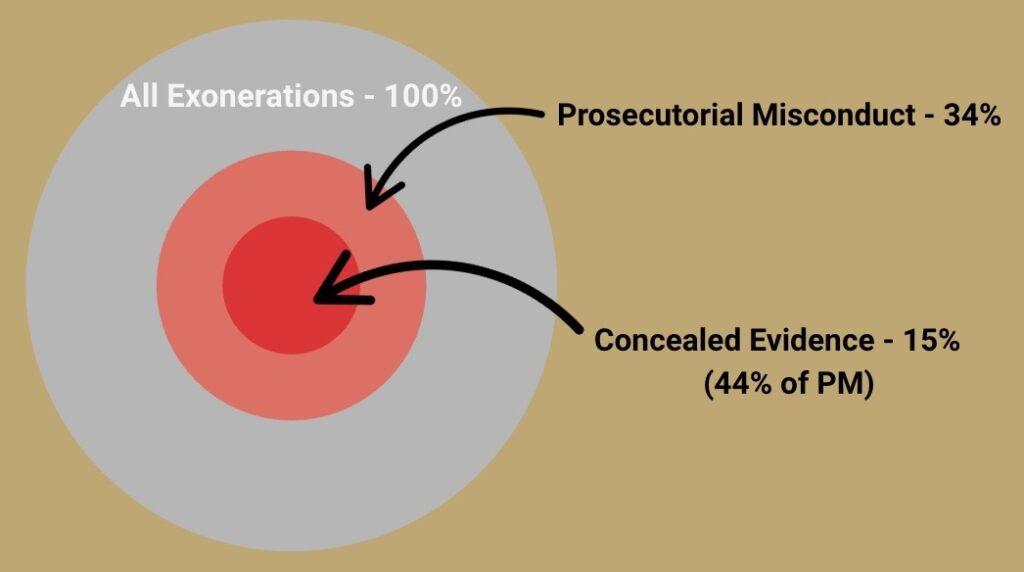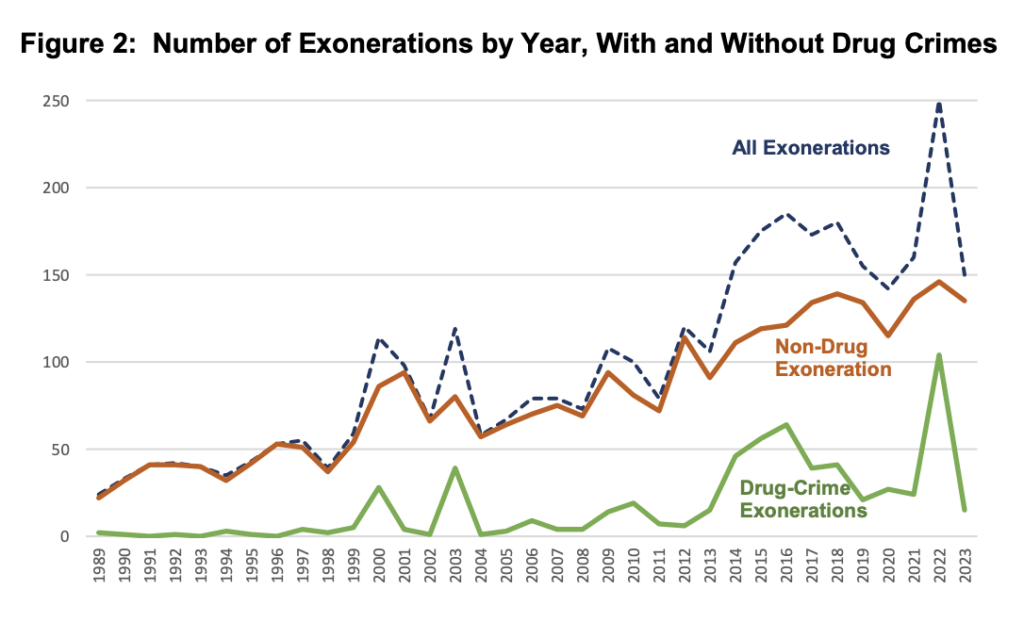The Double Injustice: How Prosecutorial Misconduct Traumatizes the Wrongfully Convicted and Crime Survivors
A wrongful conviction shifts the story overnight. Cameras capture emotional reunions. Headlines celebrate a person’s freedom that was stripped away by an over-zealous prosecutor. Public officials and advocacy groups shout at the base of a courthouse demanding action.
But in the background, off-camera, there’s another victim – the original victim. The person who experienced and survived a crime is forced to once again relive their trauma –– with the added pressure and visibility that comes from a new public interest in the case.
It’s not an uncommon narrative. Prosecutorial misconduct leads to wrongful convictions. An innocent person is sent to prison for years, and when the truth is revealed, a survivor of the original crime is left reeling, questioning their sanity or memory of the events, and wondering if the real perpetrator is still out there.
A 2014 study by the National Institute of Justice found that wrongful convictions can traumatize victims as much as – or more than – the original crime. Victims who participated in the study described intense feelings of guilt, fear, helplessness and depression.
One survivor said it plainly: “It was harder going through the revictimization than it was through the rape.”
Victims also reported feeling vilified or abandoned by society or the media following an exoneration, since public sympathy often shifts to the wrongfully convicted individual.
According to the National Registry of Exonerations, which collects and analyzes all known exonerations of criminal defendants in the country, prosecutorial misconduct is a contributing factor in one in three exonerations.
“It’s a hidden plague in our legal system,” said Iris Eytan, founder and CEO of Protect Ethical Prosecutors. “Prosecutorial misconduct revictimizes the survivor of a crime and creates even more victims along the way.”
“Prosecutorial misconduct revictimizes the survivor of a crime and creates even more victims along the way.”
The National Registry’s annual reports show exonerations are on the rise in the United States, with a recent peak in 2022 due to a large cluster of drug exonerations.
In 2017, PEP advisory board member and founder of the National Registry, Samuel Gross, told Time Magazine that DNA exonerations play a role in the overall increase as well, accounting for about 20 cases per year. But they don’t explain why so many false convictions are happening in the first place.
Data shows prosecutorial misconduct plays a role. The National Registry reports that prosecutors withheld exculpatory evidence – or evidence favorable to the defense – in nearly 30 percent of exonerations. And those are just the cases we know about.
Despite the devastating effects, prosecutors who commit misconduct are rarely held accountable. Absolute immunity, a far-reaching liability shield, protects prosecutors from being sued for the harm they cause, and they rarely face any employment or disciplinary consequences when misconduct is identified or acknowledged.
“When prosecutors operate without consequences, our legal system, crime victims and the wrongly accused are all collateral damage,” Eytan said.
PEP is a policy organization fighting against prosecutorial misconduct. Join the movement to demand accountability and protect the integrity of our legal system.


